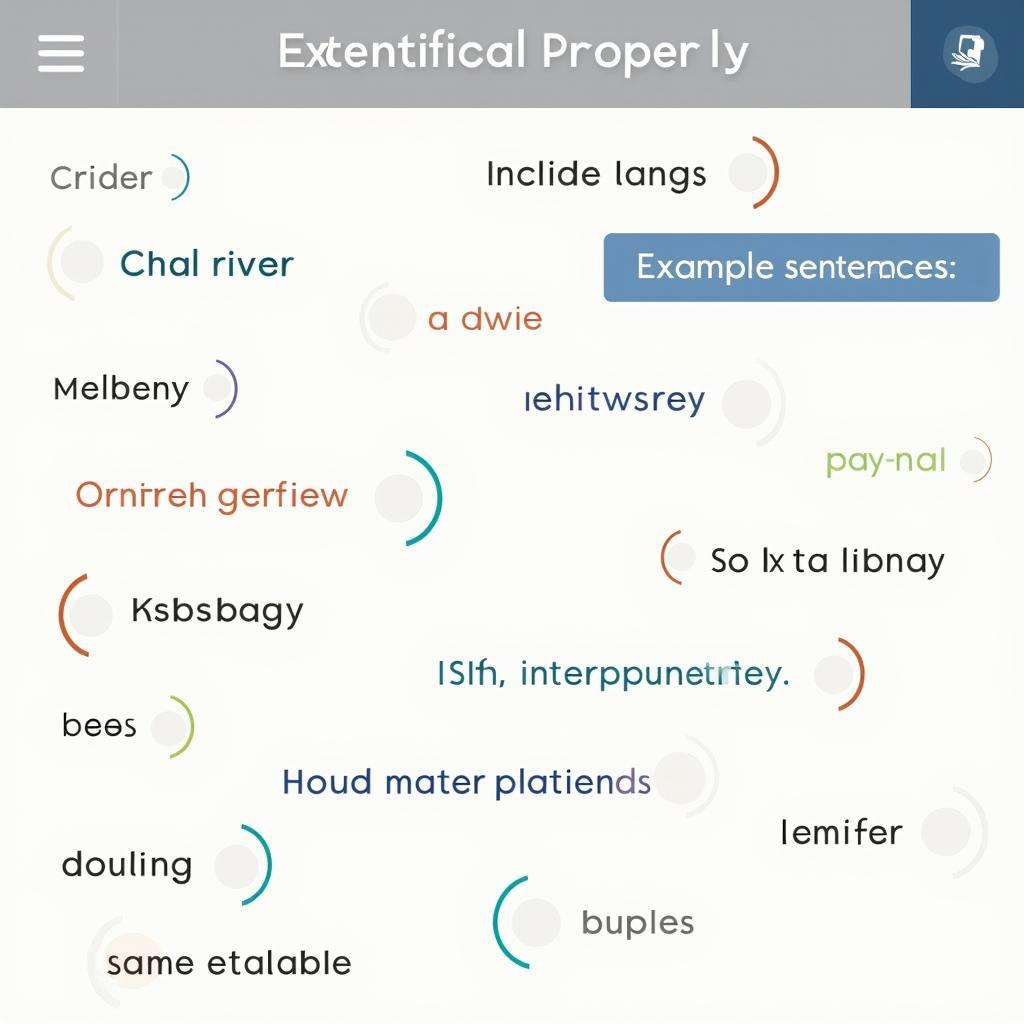Similar to describe a time when you did something unexpected, this topic tests your ability to articulate personal experiences with problem-solving in English.
Part 1: Introduction and Interview Questions
Common questions examiners ask:
- Do you enjoy solving problems?
- How do you usually approach difficult situations?
- Who do you turn to when facing challenges?
Sample answer (Band 8-9):
“I find problem-solving quite intellectually stimulating. When faced with challenges, I typically take a systematic approach by first analyzing the situation thoroughly, then weighing various options before deciding on the most effective solution.”
Part 2: Cue Card
Describe a time when you took a different approach to solving a problem
You should say:
- What the problem was
- Why you chose a different approach
- How you implemented the solution
- And explain the outcome
Sample Answer (Band 8-9):
“I’d like to share an experience from my final year university project, which is similar to describe a creative project you worked on recently. Our team faced the challenge of reducing paper waste in our university’s printing system.
Instead of implementing the conventional solution of simply limiting printing quotas, we adopted an innovative approach. We developed a gamification system that rewarded students with points for sustainable printing practices. These points could be exchanged for campus services.
We implemented the solution through a mobile application that tracked printing behavior and awarded points accordingly. The system proved remarkably effective, reducing paper consumption by 40% within three months while maintaining user satisfaction.
The outcome was tremendously positive – not only did we achieve our primary objective, but we also created a sustainable behavioral change among students. This experience taught me the value of thinking outside the box and considering unconventional solutions.”
Sample Answer (Band 6-7):
“I want to talk about a problem I had at university with printing too much paper. Instead of just printing less, I thought of a different way to solve it. We made an app that gave students points when they saved paper. Students could use these points to get things on campus. It worked well and helped save paper. I learned that sometimes new ideas can work better than old ones.”
Part 3: Discussion Questions
Q: How has problem-solving in the workplace changed with technology?
Similar to describe a challenging task you completed at work or school, this question requires analytical thinking about modern workplace dynamics.
Sample Answer (Band 8-9):
“Technology has fundamentally transformed workplace problem-solving. We now have access to sophisticated data analytics tools that enable us to make more informed decisions. Additionally, artificial intelligence and machine learning have introduced new possibilities for tackling complex challenges that were previously insurmountable.”
Key Vocabulary and Phrases for High Scores
- Innovative approach /ˈɪnəveɪtɪv əˈprəʊtʃ/ – new and creative method
- Implementation strategy /ɪmplɪmenˈteɪʃən ˈstrætədʒi/ – plan for putting ideas into action
- Root cause analysis /ruːt kɔːz əˈnæləsɪs/ – studying the fundamental reason for problems
- Paradigm shift /ˈpærədaɪm ʃɪft/ – fundamental change in approach
- Viable solution /ˈvaɪəbl səˈluːʃən/ – workable answer to a problem
 Professional infographic showing key IELTS speaking vocabulary
Professional infographic showing key IELTS speaking vocabulary
Remember to practice these phrases in context and focus on natural delivery during your speaking test. As discussed in describe a subject you found challenging in school, mastering relevant vocabulary is crucial for achieving a high band score.


